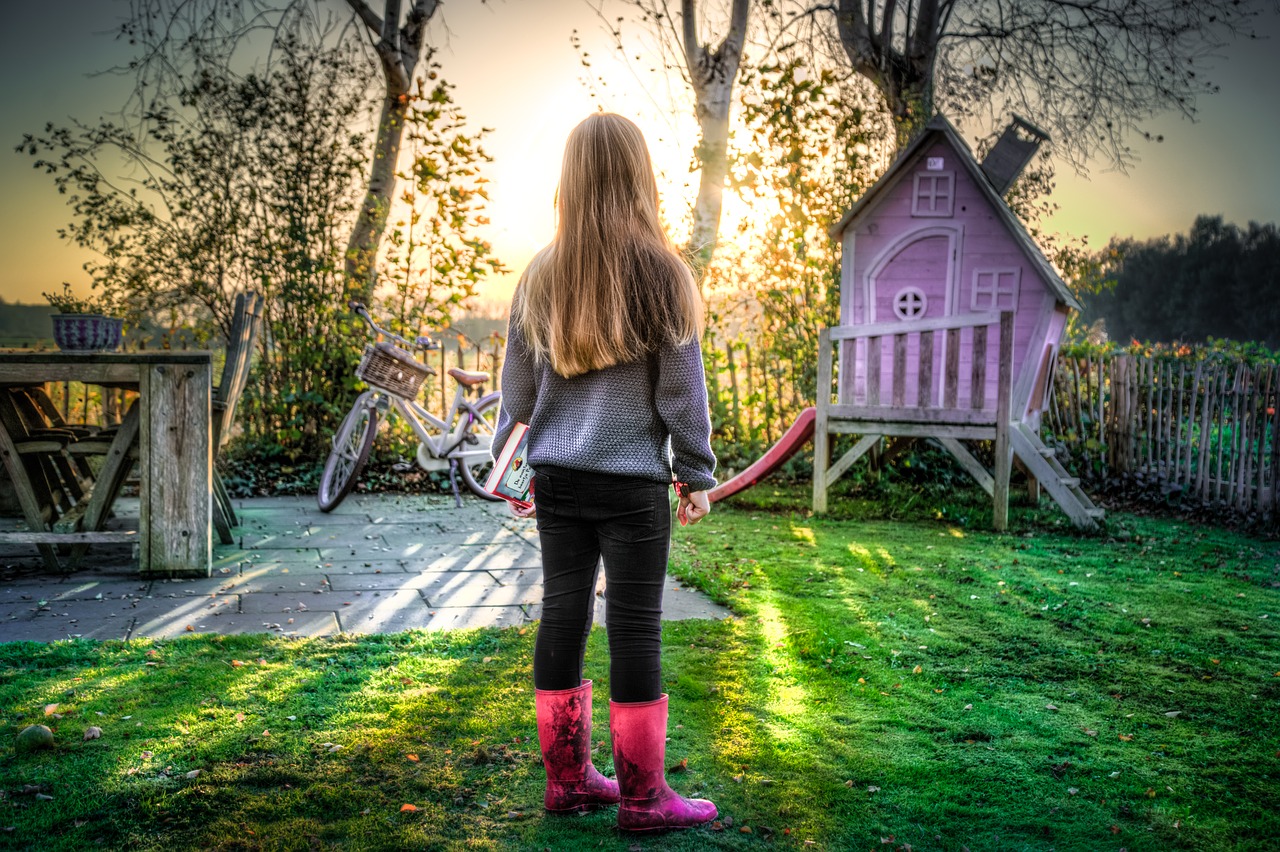
I grew up in a typical midwest town in the 1950s and 1960s. By typical I mean we had free range of our middle class neighborhood. Freedom to ride our bikes, run and play with friends, and take walks in wooded areas with no fear of harm. It was a safe childhood. I am still drawn to the sound of screen doors slapping, the smell of newly cut grass, the voices of children playing.
Yes, I look back on those days with nostalgia. In my poem “Youngstown, Ohio, 1952” about that town, that nostalgia is mixed with the beginnings of a doubt that the city of my childhood might be a place to stay in the future. Perhaps I was beginning to sense that air filled with soot from steel mills and called “pay dirt” by the citizens might not be the best place to settle.
Youngstown, Ohio 1952
I climbed the hill on my green Schwinn
at dusk when the air lifted enough
for me to see the fevered orange flush
of the open hearth on the horizon.
Tomorrow, it would rain ashes
on our ’52 Chevy. Later on a field trip
to the mill I walked on a catwalk
above the mouth. The runoff turned
into the sour taste of ash on my tongue.
The men were so close their sweat
turned to powder on their faces.
The cast heat rose and billowed
my skirt into a small suspended
parachute. Later, floating in the haze
that wanting makes, I lifted off
beyond the yard, beyond the gray sun
imagining a clear trajectory.
As the time to leave for college and marriage the next year approached, I was caught up in my own future, and so missed the signs that my town was slowly at first, then more rapidly, disintegrating. The first sign may have been a visit in the early 1970s to my old neighborhood which was exhibiting signs of deterioration. Trash on lawns, a few boarded up houses, rumors of carjackings. After that, there continued the ominous warnings: “don’t drive on that street,” “people are burning their houses down for the insurance money,” and more boarded up stores. When the town became the site of two federal maximum security prisons I began to lose hope.
How does this happen in America? A middle-class town becomes a host to graft and corruption at every level and the citizens do not respond. I began to think of Youngstown as Beirut, which had been decimated by the wars of the Middle East.
My nostalgia for my hometown was now mixed with sadness and wonder at its disintegration. A friend from my high-school class told me this story: He drove to his old street and stopped to look at his former house. A man with a gun pointed it at him through the window and said, “get outta here.” Going home again had become dangerous.
In subsequent years, I learned of the host of events that resulted in Youngstown, Ohio, becoming the poorest city in America. The lack of diversification and planning for new businesses; the end of the era of steel manufacturing; the presence of the Mafia and corruption of the town’s leaders; the desertion of the city by business leaders and middle class families; the lack of state and federal leadership. A total lack of vision and leadership, combined with corruption, resulted in swaths of city streets with burned out houses, the poorest school system in the state, epidemics of drug use, and unemployment at record highs.
I still go back. Every four years, I pound the pavement with labor members and progressive citizens to work for a democratic government. My poem “Door to Door” describes one of these moments.
Door to Door
November 2008
Let these people
not be home
let the flyers
blow away quietly
stick to the
chain link fences
let me not walk up
these concrete steps,
one more time
stand on this torn
green outdoor rug
read the Persuasion Script
promise life
will get better
perhaps not now
perhaps in some
other person’s lifetime
So my nostalgia for my hometown is for what was once true and what has become true in recent years. I go back now and see the devastation, but also a certain resiliency. It is not as though the early years were untrue. It is that time changed everything and a new city has emerged. And so my yearning for my hometown is for both the old and the new. The wonderful neighborhoods where children played freely and the neighborhoods now that are struggling to become safe and free. Yearning for what has been and hope for what might be.
About the Author: Nancy Richardson
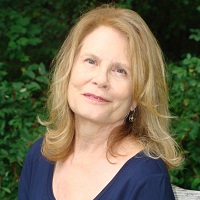 Nancy Richardson’s poems have appeared in journals anthologies. She has written two chapbooks. The first, Unwelcomed Guest (2013) by Main Street Rag Publishing Company and the second, the Fire’s Edge (2017) by Finishing Line Press concerned her formative youth in the rust-belt of Ohio and the dislocation, including the Kent State shootings that affected her young adulthood. In An Everyday Thing, she has included those poems and extended the narrative to memories of persons and events and the make a life.
Nancy Richardson’s poems have appeared in journals anthologies. She has written two chapbooks. The first, Unwelcomed Guest (2013) by Main Street Rag Publishing Company and the second, the Fire’s Edge (2017) by Finishing Line Press concerned her formative youth in the rust-belt of Ohio and the dislocation, including the Kent State shootings that affected her young adulthood. In An Everyday Thing, she has included those poems and extended the narrative to memories of persons and events and the make a life.
She has spent a good deal of her professional life working in government and education at the local, state, and federal levels and as a policy liaison in the U.S. Office of the Secretary of Education and for the Governor of Massachusetts. She received an MFA in Writing from Vermont College in 2005 and has served on the Board of the Frost Place in Franconia, NH. Visit her website.
Poems are from An EveryDay Thing by Nancy Richardson published by Finishing Line Press in July 2018.
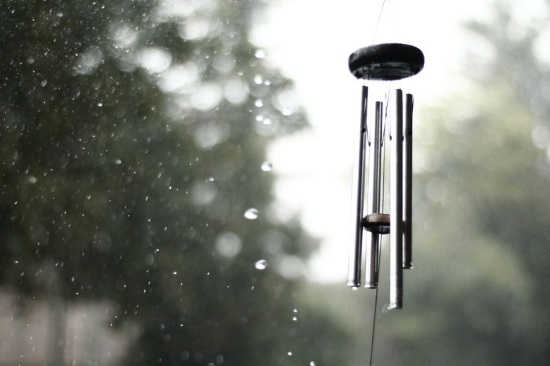
 Æverett lives in the northern hemisphere and enjoys Rammstein and Star Trek. He writes both poetry and fiction and dabbles in gardening and soap making. She has two wonderfully old cats, and a dearly beloved dog. He also plays in linguistics, studying German, Norwegian, Russian, Arabic, a bit of Elvish, and developing Cardassian. Language is fascinating, enlightening, and inspirational. She’s happily married to her work with which she shares delusions of demon hunters, detectives, starships, androids, and a home on the outskirts of a small northern town. He’s enjoyed writing since childhood and the process can be downright therapeutic when it’s not making him pull his hair out. It’s really about the work and words and seeing without preconceptions.
Æverett lives in the northern hemisphere and enjoys Rammstein and Star Trek. He writes both poetry and fiction and dabbles in gardening and soap making. She has two wonderfully old cats, and a dearly beloved dog. He also plays in linguistics, studying German, Norwegian, Russian, Arabic, a bit of Elvish, and developing Cardassian. Language is fascinating, enlightening, and inspirational. She’s happily married to her work with which she shares delusions of demon hunters, detectives, starships, androids, and a home on the outskirts of a small northern town. He’s enjoyed writing since childhood and the process can be downright therapeutic when it’s not making him pull his hair out. It’s really about the work and words and seeing without preconceptions.

 Patricia Wellingham-Jones is a widely published former psychology researcher and writer/editor. She has a special interest in healing writing, with poems recently in The Widow’s Handbook (Kent State University Press). Chapbooks include Don’t Turn Away: poems about breast cancer, End-Cycle: poems about caregiving, Apple Blossoms at Eye Level, Voices on the Land and Hormone Stew.
Patricia Wellingham-Jones is a widely published former psychology researcher and writer/editor. She has a special interest in healing writing, with poems recently in The Widow’s Handbook (Kent State University Press). Chapbooks include Don’t Turn Away: poems about breast cancer, End-Cycle: poems about caregiving, Apple Blossoms at Eye Level, Voices on the Land and Hormone Stew.
 Lisa Zaran is the author of eight collections of poetry including Dear Bob Dylan, If It We, The Blondes Lay Content and the sometimes girl. She is the founder and editor of
Lisa Zaran is the author of eight collections of poetry including Dear Bob Dylan, If It We, The Blondes Lay Content and the sometimes girl. She is the founder and editor of 
 Nancy Richardson’s poems have appeared in journals anthologies. She has written two chapbooks. The first, Unwelcomed Guest (2013) by Main Street Rag Publishing Company and the second, the Fire’s Edge (2017) by Finishing Line Press concerned her formative youth in the rust-belt of Ohio and the dislocation, including the Kent State shootings that affected her young adulthood. In An Everyday Thing, she has included those poems and extended the narrative to memories of persons and events and the make a life.
Nancy Richardson’s poems have appeared in journals anthologies. She has written two chapbooks. The first, Unwelcomed Guest (2013) by Main Street Rag Publishing Company and the second, the Fire’s Edge (2017) by Finishing Line Press concerned her formative youth in the rust-belt of Ohio and the dislocation, including the Kent State shootings that affected her young adulthood. In An Everyday Thing, she has included those poems and extended the narrative to memories of persons and events and the make a life.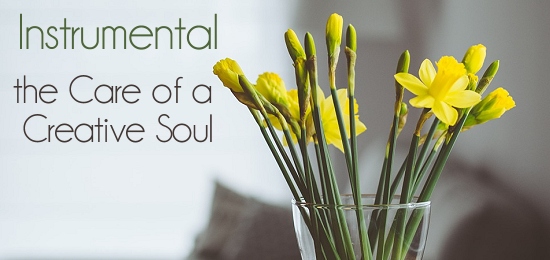

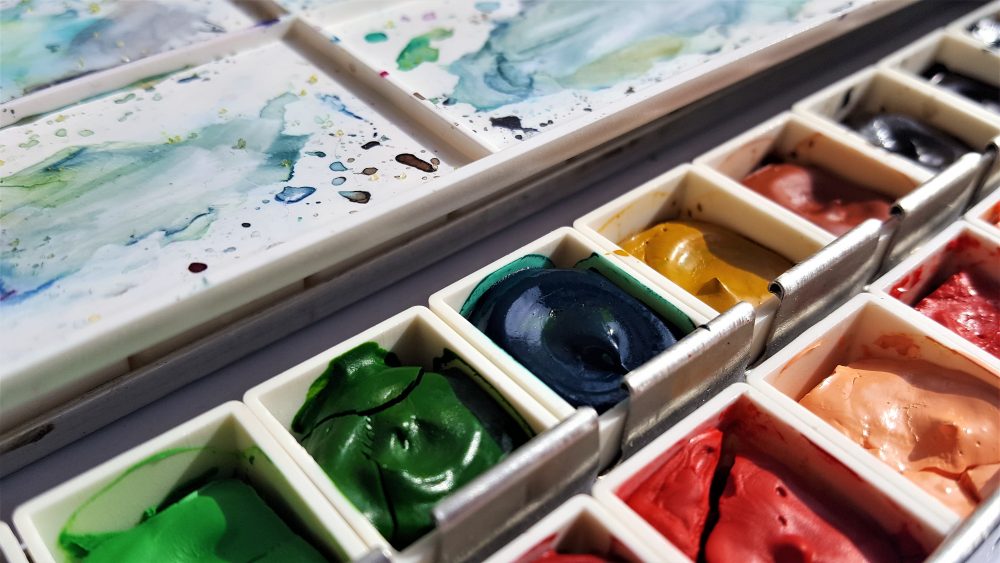
 Megan Gunnell i
Megan Gunnell i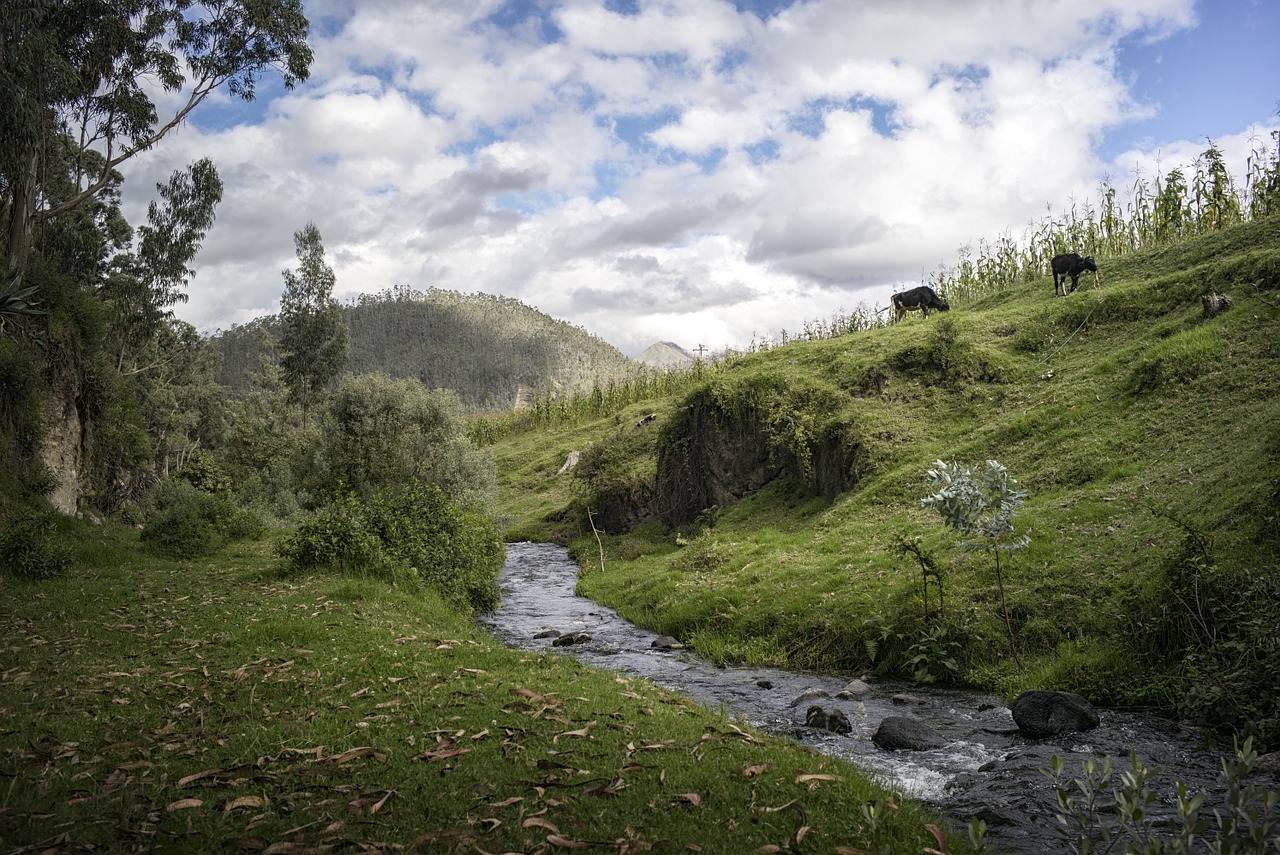 A stream rippling
A stream rippling
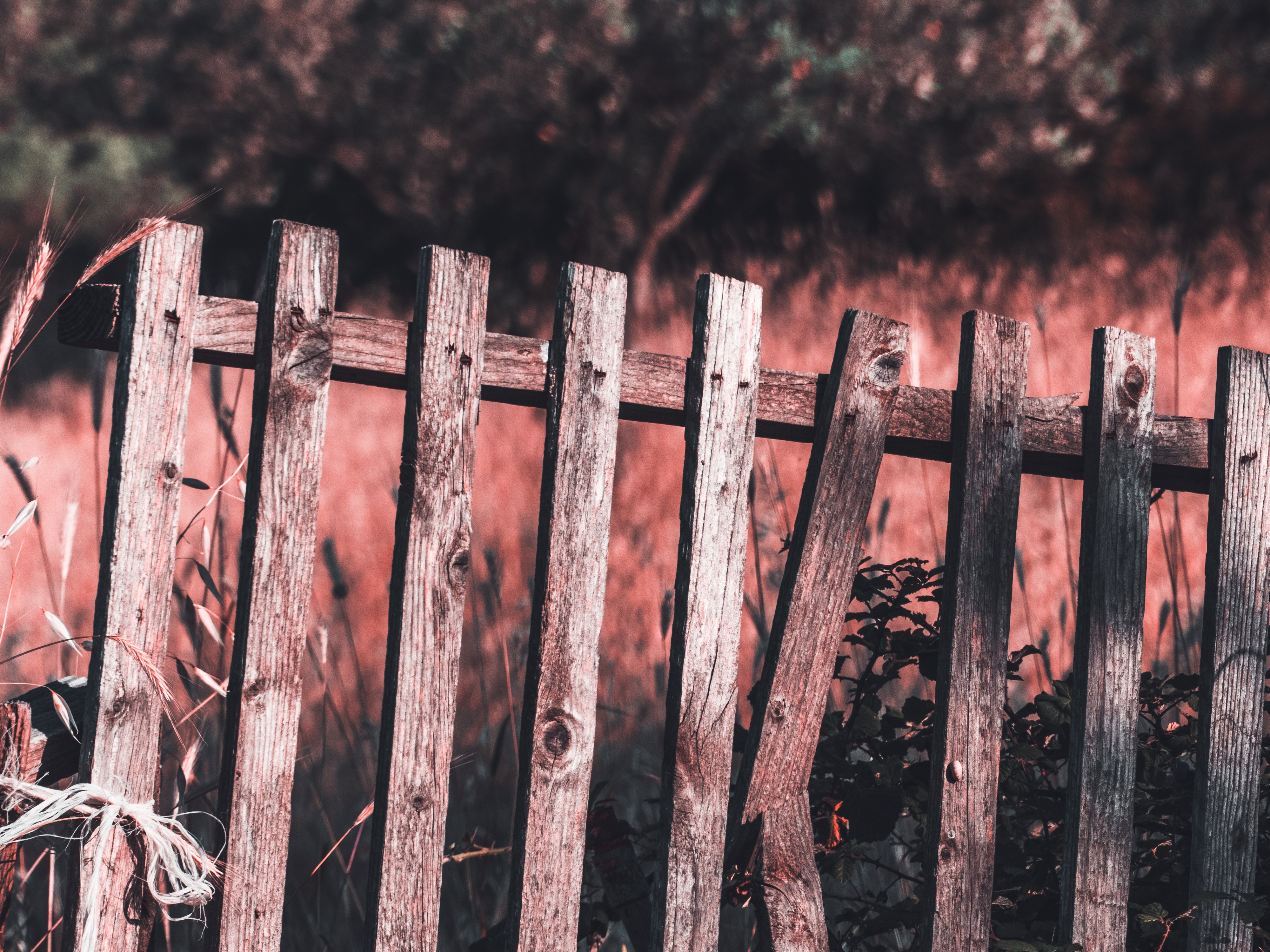
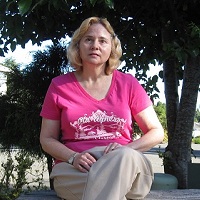 Bobbi Sinha-Morey’s poetry can be see in a variety of places such as Plainsongs, Pirene’s Fountain, The Wayfarer, Red Weather, Oasis Journal 2016, Helix Magazine, and Uppagus. Her books of poetry are available at www.Amazon.com, and her work has been nominated for Best of the Net. She loves taking walks on the beach with her husband.
Bobbi Sinha-Morey’s poetry can be see in a variety of places such as Plainsongs, Pirene’s Fountain, The Wayfarer, Red Weather, Oasis Journal 2016, Helix Magazine, and Uppagus. Her books of poetry are available at www.Amazon.com, and her work has been nominated for Best of the Net. She loves taking walks on the beach with her husband.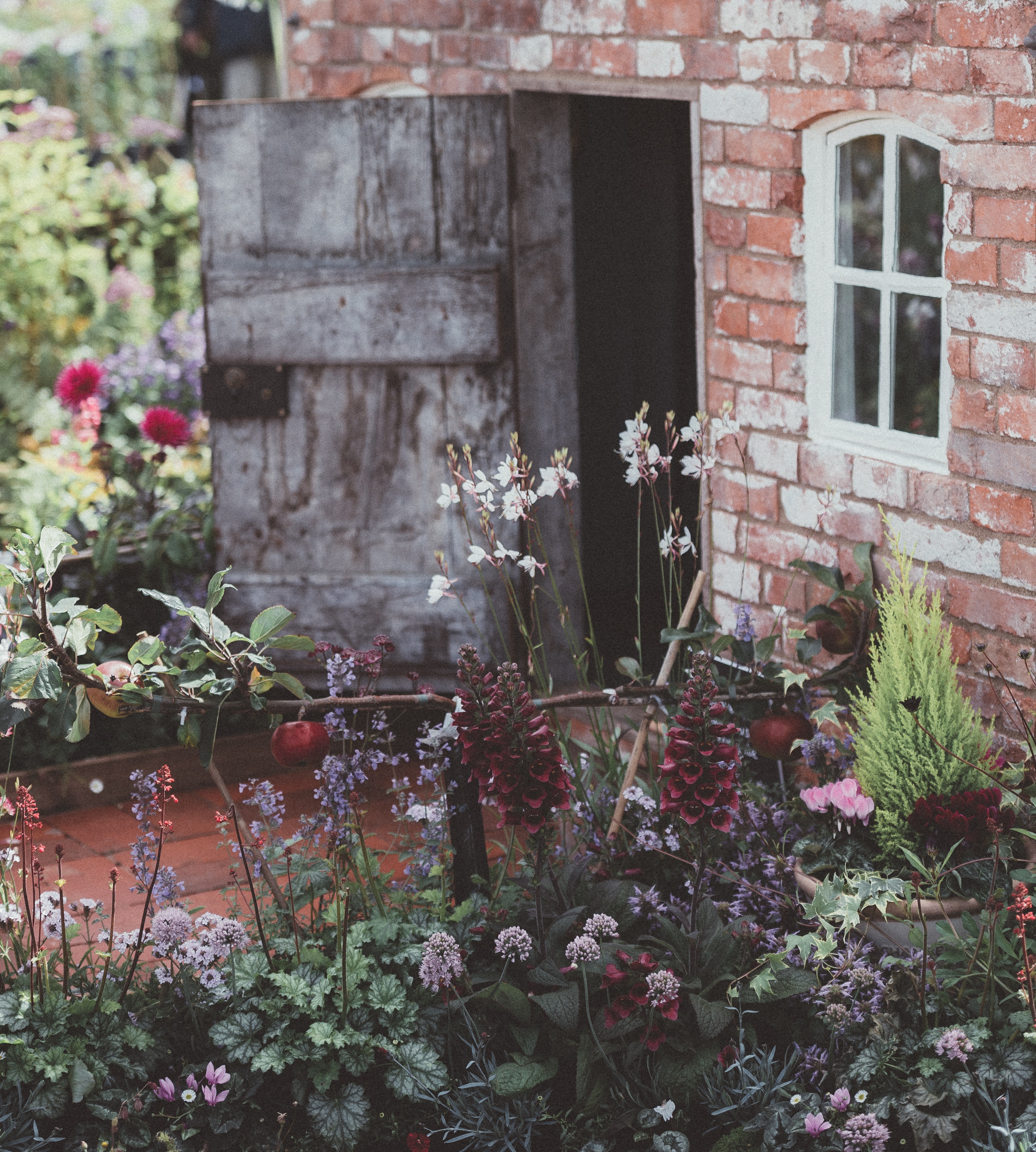

 Slipping fingers trace each slick page. This happens so rarely these days. Paper, colors, ink, form and function mix into one solid mass. Light and electricity combined these atoms and, as a result, I’m holding these photos of you.
Slipping fingers trace each slick page. This happens so rarely these days. Paper, colors, ink, form and function mix into one solid mass. Light and electricity combined these atoms and, as a result, I’m holding these photos of you. Tabitha is a social media strategist, writer, blogger, and professional geek. Among her published works are the children’s books Jack the Kitten is Very Brave and Machu the Cat is Very Hungry, both published under the name Tabitha Grace Smith. A California girl (always and forever) she now lives in Maryland with her husband, son, and a collection of cats, dogs, and chickens. Find out more about her on her
Tabitha is a social media strategist, writer, blogger, and professional geek. Among her published works are the children’s books Jack the Kitten is Very Brave and Machu the Cat is Very Hungry, both published under the name Tabitha Grace Smith. A California girl (always and forever) she now lives in Maryland with her husband, son, and a collection of cats, dogs, and chickens. Find out more about her on her